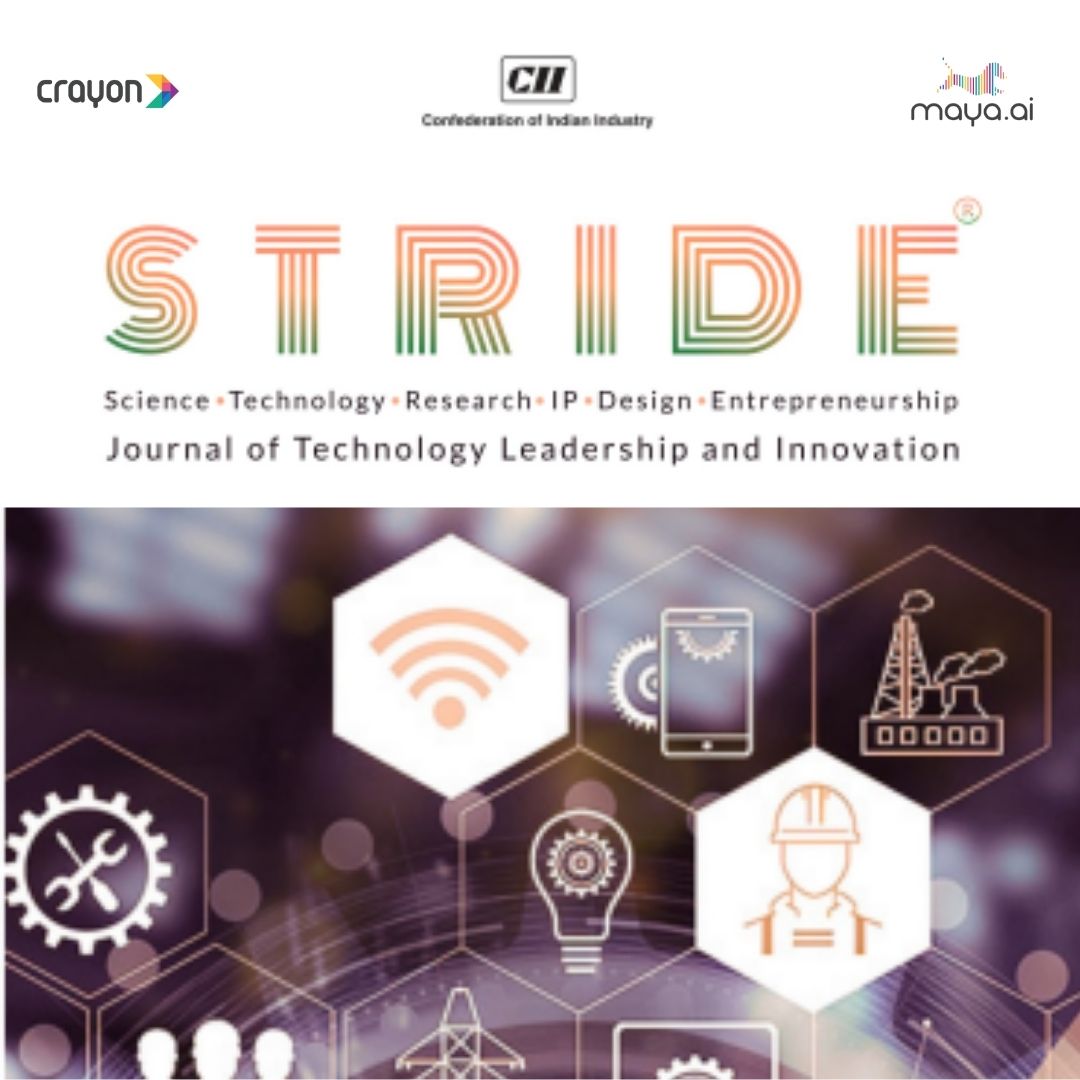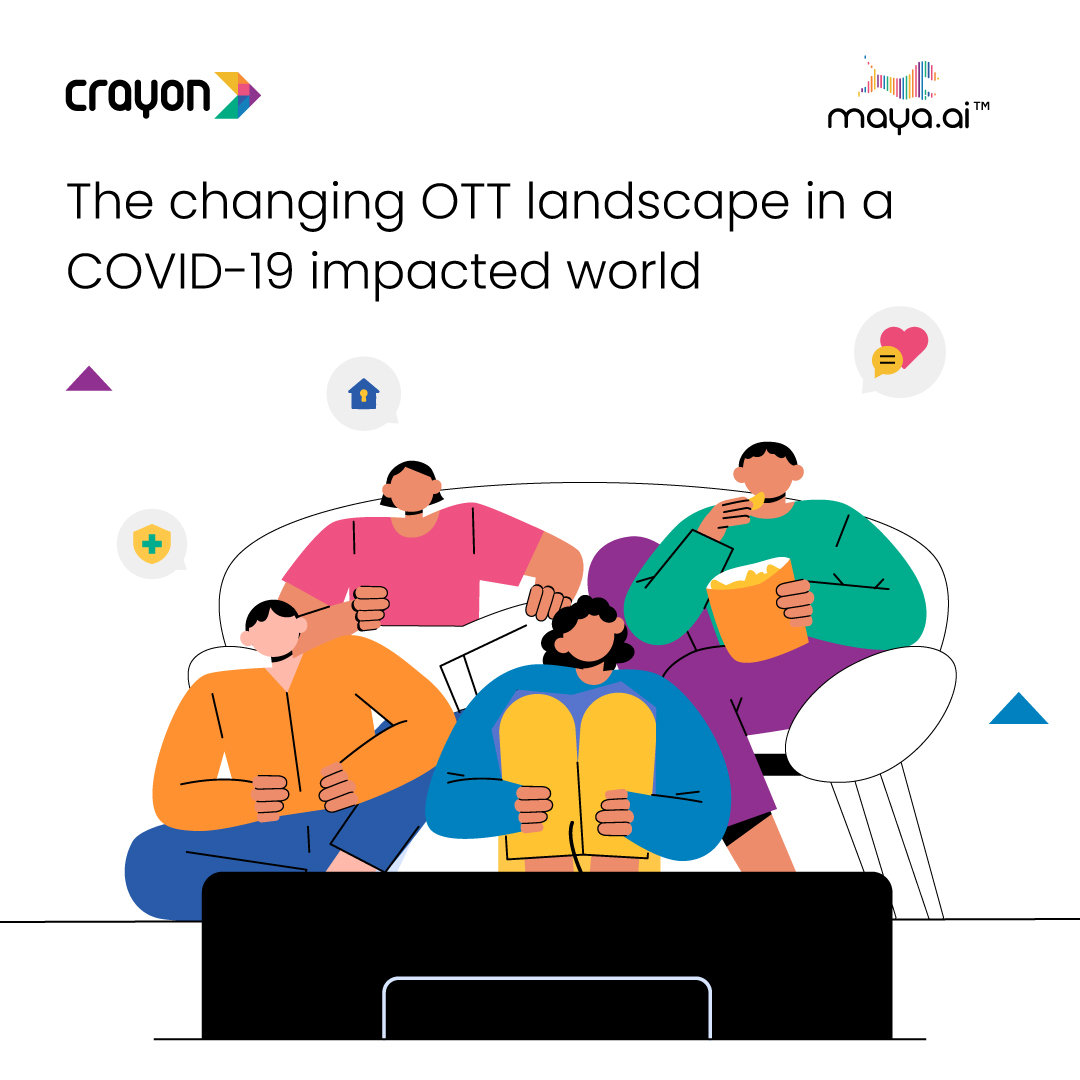The inspiration for the book ‘The Manual for Indian Startups’ is based on the premise that India needs its own manual for startups, given its diversity in market segments, business models, and consumer behavior. To succeed at scale, it is important for early stage ventures to leverage proven global business models and emerging technologies.
A one of its kind book in India, the content is targeted at an early stage entrepreneur’s journey through the first three years, in the Indian ecosystem. It also provides key templates that can be used at an operational level. The book isn’t one filled with inspiring stories of those who made it big, but a workbook to get a venture going and growing, in its toddler years.
The authors of the book are well known and seasoned industry professionals and entrepreneurs themselves, which makes the book more of a practitioner’s manual. Most of the practices and templates captured in the book are drawn from their own entrepreneurship experience that bring authenticity and lend credibility to the subject matter.
Vijaya Kumar Ivaturi (popularly known as IVK) is the lead author, and he is the former CTO of Wipro and now the co-founder and CTO of Crayon Data. His co-authors include, Ms. Meena Ganesh, CEO of Portea Medical and serial entrepreneur; Alok Mittal, Angel investor, co-founder of IAN and ex-head of Canaan Partners; Prof Sadagopan, Director of IIIT-Bangalore and Sriram Subramanya, Chairman and MD of Integra Software.
In collaboration with Penguin, the authors worked over the last year to make this startup process manual a formal publication. The book is the first of its kind manual for startups in India, and makes for a great companion to a budding entrepreneur!
IVK tells us more.
1. Tell us about this book. What was the inspiration behind it?
IVK: The book is based on the report we prepared as a part of the CII startup council task force, which focused on providing recommendations for early stage startups in India. Especially to startups in the 0-3-year time frame and to those that are in the pre-Series A stage.
2. Why is it called the ‘manual’ for startups in India? And why is it important in the Indian context?
IVK: It is called a manual as the book comprises practical advice from industry leaders and entrepreneurs. It also contains key templates needed to get a firm going in its initial years. These templates explain key aspects of some of the agreements needed at this stage in India, and provides tips on how to structure them.

3. The book talks about operating models of startups in India differing from that of Western models. And that the startup ecosystem in India is completely different from the West. Do you have any interesting anecdotes to share with us?
IVK: Yes. Most agreements in startups at this early stage are informal in India. These areas cover hand loans taken from friends and family, understanding between the founders, expectations from the mentor and seed investor terms. I had a few interesting debates with some firms as a mentor and angel investor when I started asking for specific treatment of funds taken from someone’s mother-in-law, contributions made by the co-founder and unknown persons on the cap table. The moment the valuation is revealed to the founding team’s families, the funds magically become equity from debt and goodwill starts appearing as equity on the cap table. There are issues related to registration, book keeping and taxes as well, at this stage. It is very difficult to undo them or correct them at a later stage.
4. There are some similar books that provide advice to early stage ventures. How is this book different from them?
IVK: Most books in the market are either based on models and templates from the West, or are a collection of inspiring stories of successful entrepreneurs. This is more of a quick workbook. A ready reckoner with a blend of concepts, practices, experiences and templates in a very readable format, without being too heavy and overly complex.
5. What are the key areas the book covers? Tell us about the templates and practical advice it offers to budding entrepreneurs.
IVK: The biggest challenge was to choose a balance between breadth (scope) and depth (level of detail) in this book. We wanted the book to be a portable paperback of not more than 200 pages. It should fit into anyone’s bag or purse. We used the metaphor of a growing baby and mapped different stages of the first 3 years’ journey. So that we could list the typical activities to be performed as well as the sequence one needs to follow. Then, we added some key templates, which everyone needs at this phase of growth. Therefore, we picked founder’s agreements, accelerator agreements, mentor agreements, employee agreements and seed investor agreements, as the core set and elaborated the typical operative clauses, which need to be understood. To add more context to the narrative, we added ‘promoters speak’ boxes for each chapter to provide some real-world experience. The book is sector agnostic and hence we kept the common elements across sectors as our focus, rather than specifically delving into services or manufacturing or web business etc.
6. Tell us a little about your co-authors and their specific contributions to this book.
IVK: Meena and her firm helped in the marketing section as well as getting some profiles of some promoters from their investment portfolio firms. Alok, provided inputs on fund raising models and got some promoters to share their experiences and quotes. Prof Sadagopan connected the team, which runs their institute’s campus accelerator to provide a view from a campus incubator perspective. Sriram contributed to the non-IT sector related inputs in the form promoter experiences, as well as provided some quotes for the book. I kept the “book” view in order, while others contributed to “chapters” in the book. There are many others as well but these are contributions from the authors’ group.

Why vector databases are key to enhanced AI and data analysis
In a...
























